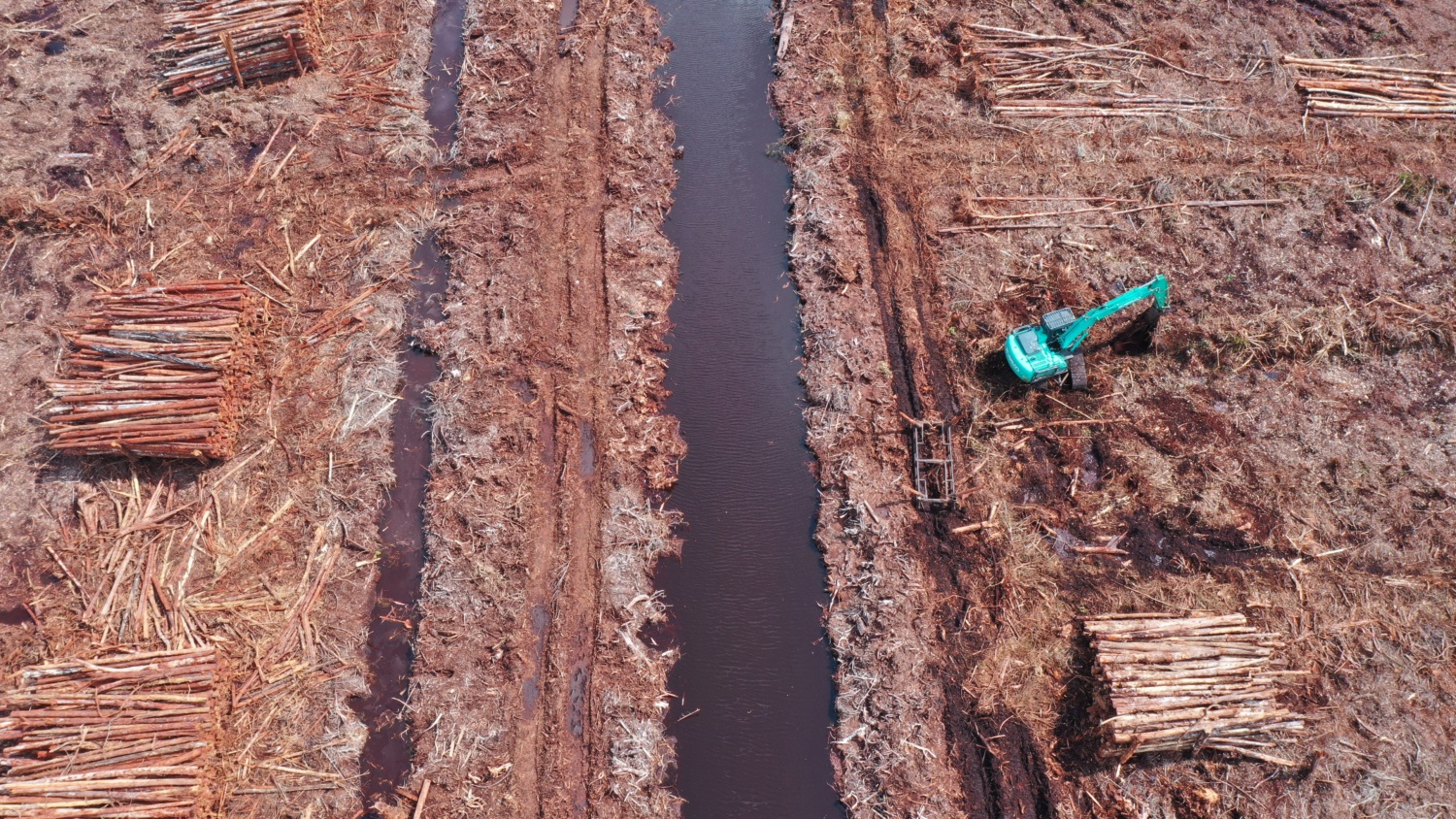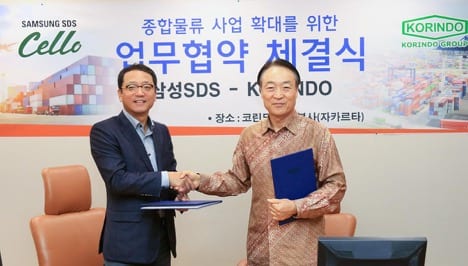
Samsung partnership with Korindo ignites another fire scandal

Smoke rising from burning wood rows on a palm oil plantation owned by Korindo, Samsung’s joint venture partner ©Ardiles Rante/Greenpeace; 26 March 2013
Samsung’s phones are not the only thing in their business catching on fire. Samsung IT subsidiary, Samsung SDS, announced on June 19 that it has entered into a partnership with the notorious forest destroyer, Korindo Group, to form a joint venture in the logistics sector in Indonesia.
As we documented in our Burning Paradise report, Korean-Indonesian agribusiness Korindo has cleared 30,000 hectares of rainforest and had nearly 900 fire hotspots on its palm oil concessions in Papua and North Maluku, Indonesia since 2013. We also found that Korindo has taken land from indigenous communities without their consent. Yet, just as Korindo has been losing more and more major global customers over its bad track record and is now being investigated by the Forest Stewardship Council, Samsung decided to proudly announce a new partnership with the company.
Samsung is no stranger to these types of allegations itself. A report released in December 2016 by a group of Korean human rights lawyers called Korean Transnational Corporations Watch (KTNC Watch) documents deplorable human rights violations that they observed on their field investigation to Samsung palm oil plantations in Riau province of Sumatra, Indonesia. The Samsung plantation companies are called PT Inecda and PT Gandaerah, and are part of a joint venture with the Indonesian Ganda Group. Ganda Group has a well documented history of human rights abuses, including coming under scrutiny in 2013 for forcibly evicting villagers from their homes and destroying them.
The report describes how the indigenous communities who have lived on this land for centuries have seen it snatched by Samsung’s plantations, with important ancestral and cultural sites taken over by the plantation. The company has diverted the rivers to irrigate the palm oil plantation, leaving the rest of the surrounding area with a severe water shortage. In addition, the pesticides and other toxic chemicals used on the plantation are polluting the waterways. Local communities can no longer get the clean water they need to drink, clean, or wash. The plantations are also resulting in a major loss of biodiversity, which threatens the food and livelihood of the indigenous communities. Samsung has been found offering bribes to discourage efforts to claim communal rights to the land, paying certain community members to spy on their neighbors and report back.
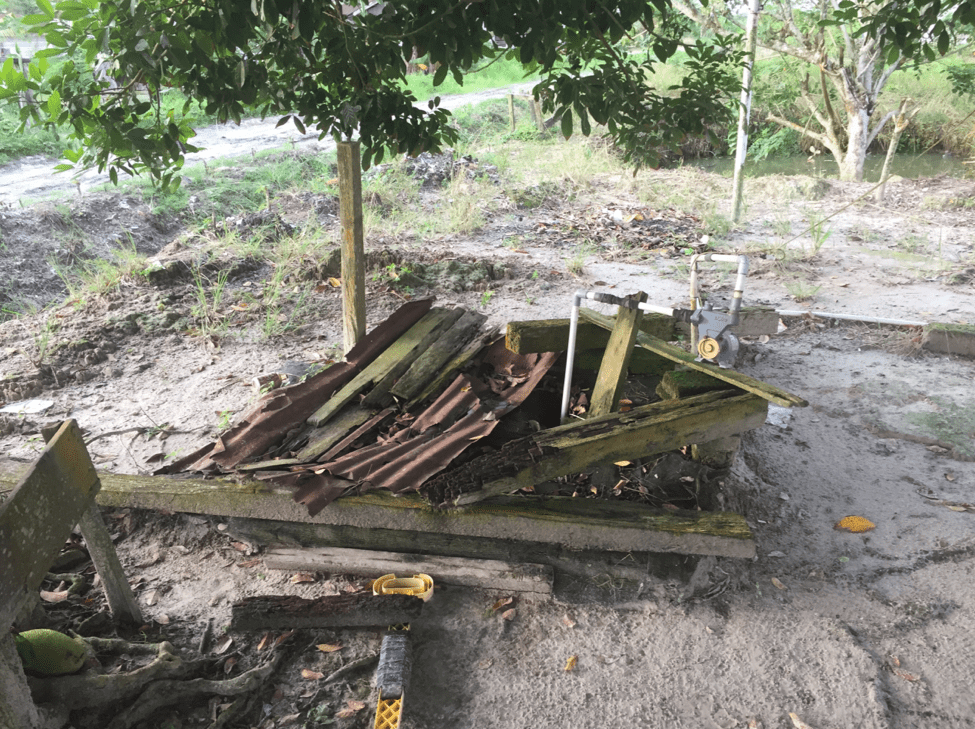
Photo Credit: Advocates for Public Interest Law
The report also documents extensive human rights violations of workers on Samsung’s plantations. There are frequent instances of child labor identified on the plantations and many workers report bringing their children or spouses to work to help them meet the high daily quotas set by Samsung. Workers are expected to handle toxic chemicals and work in a setting with inadequate safety conditions. There are no formal contracts, very low wages, high daily quotas, and long hours. Workers that live on the plantations are also subject to very poor, unhealthy living conditions.
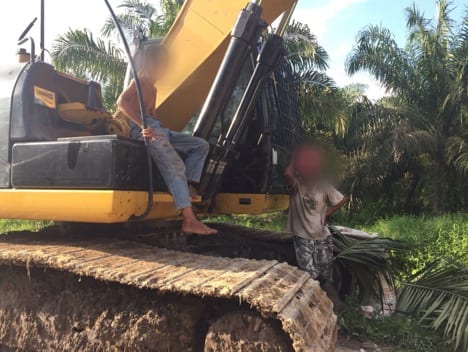
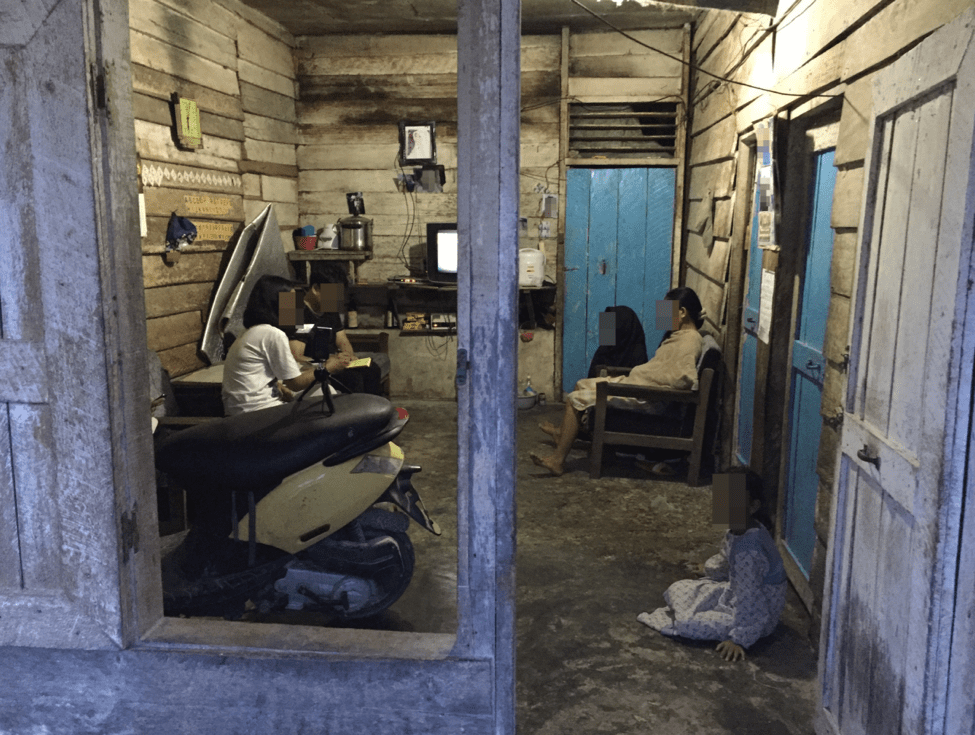
Given the unsavory operations of both Korindo and Samsung in Indonesia, it is no surprise that these companies would see eye to eye on how to conduct business in the country. But just as this new partnership brings new opportunities for growth to both companies, it also brings new opportunities for Samsung’s millions of consumers around the globe to take action to end both companies’ abuses in Indonesia.
Samsung can’t afford another PR nightmare right now, as it’s working to build back its reputation following the recall of 2.5 million phones and as its Vice Chairman is on trial for massive corruption scandals in South Korea. The last thing Samsung needs is to be caught up in a scandal over forest destruction and species extinction. If enough Samsung customers take action, we can convince them to drop the partnership with Korindo, sending a clear message to Korindo that forest destruction is bad for business.
